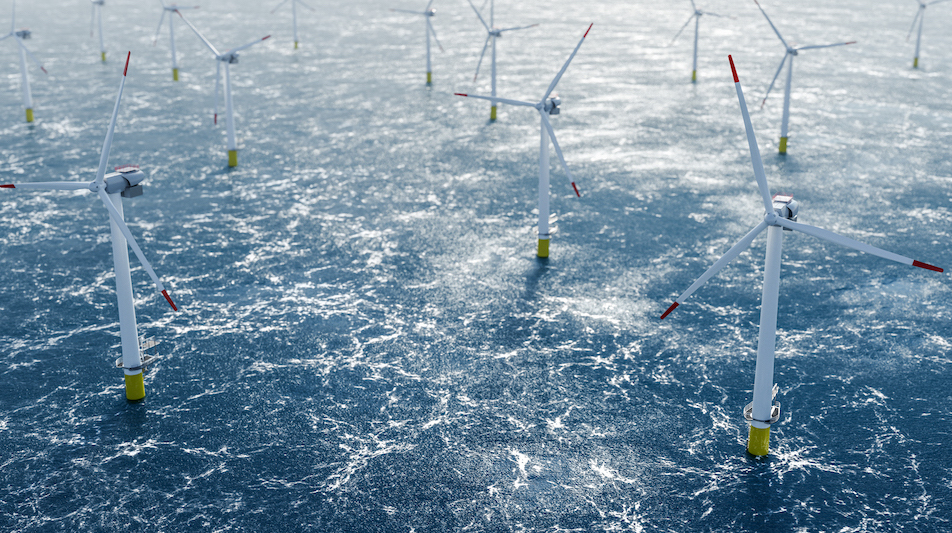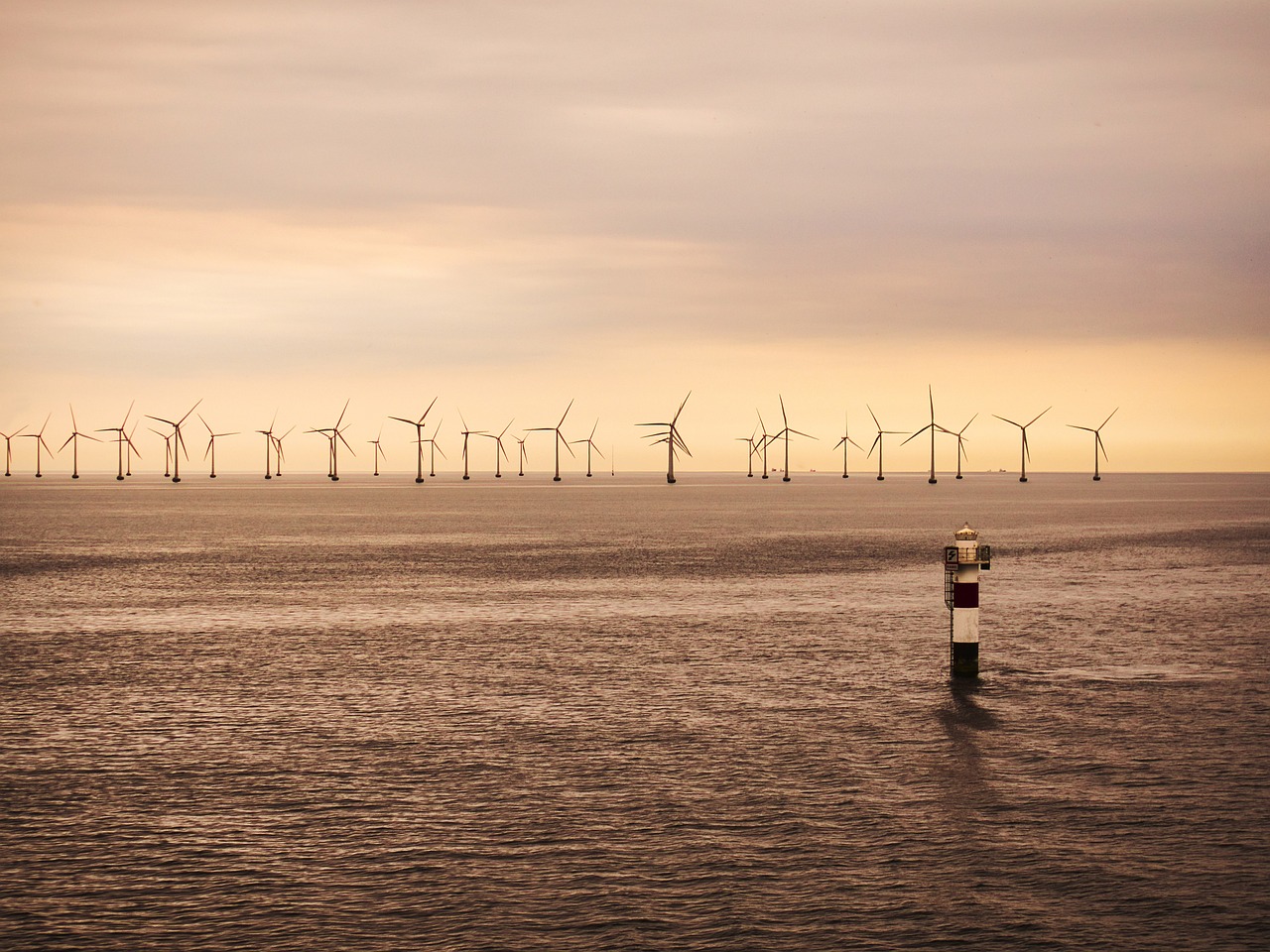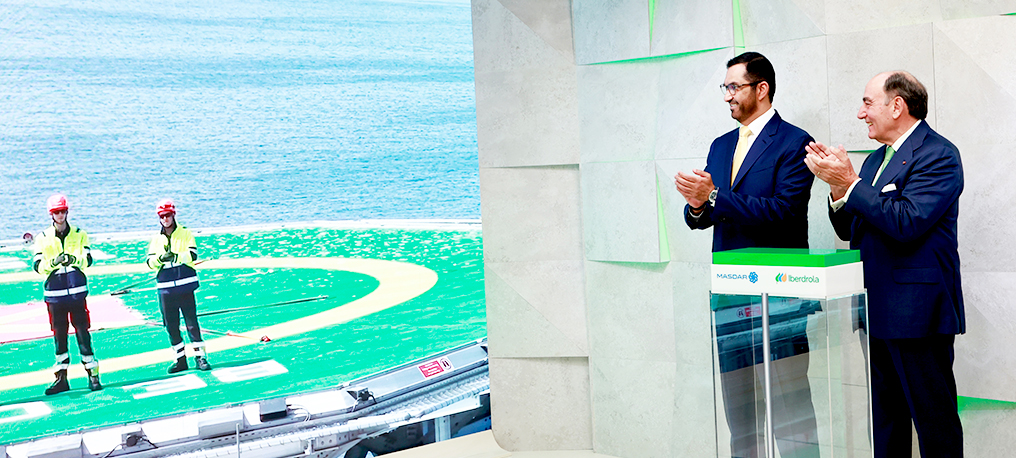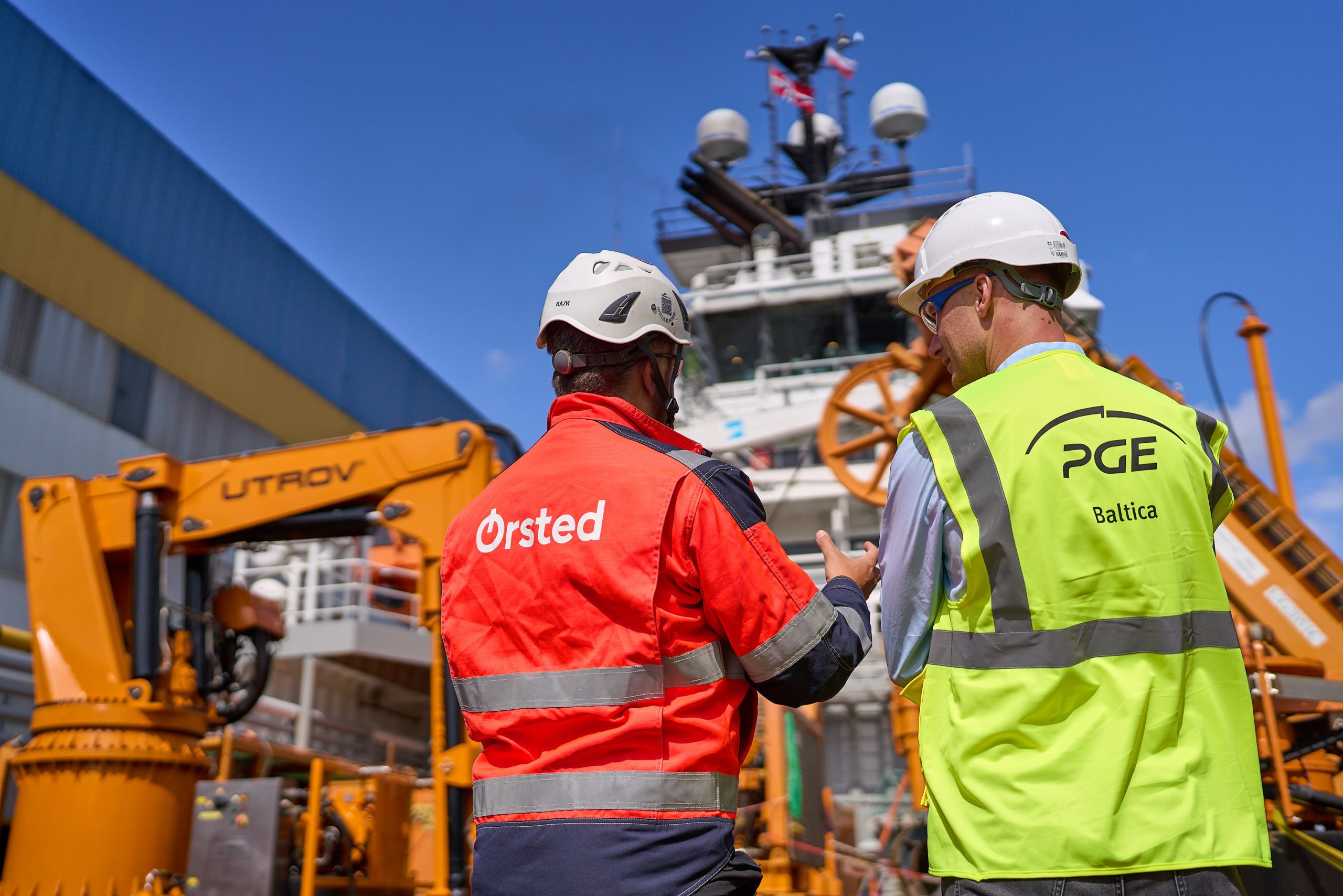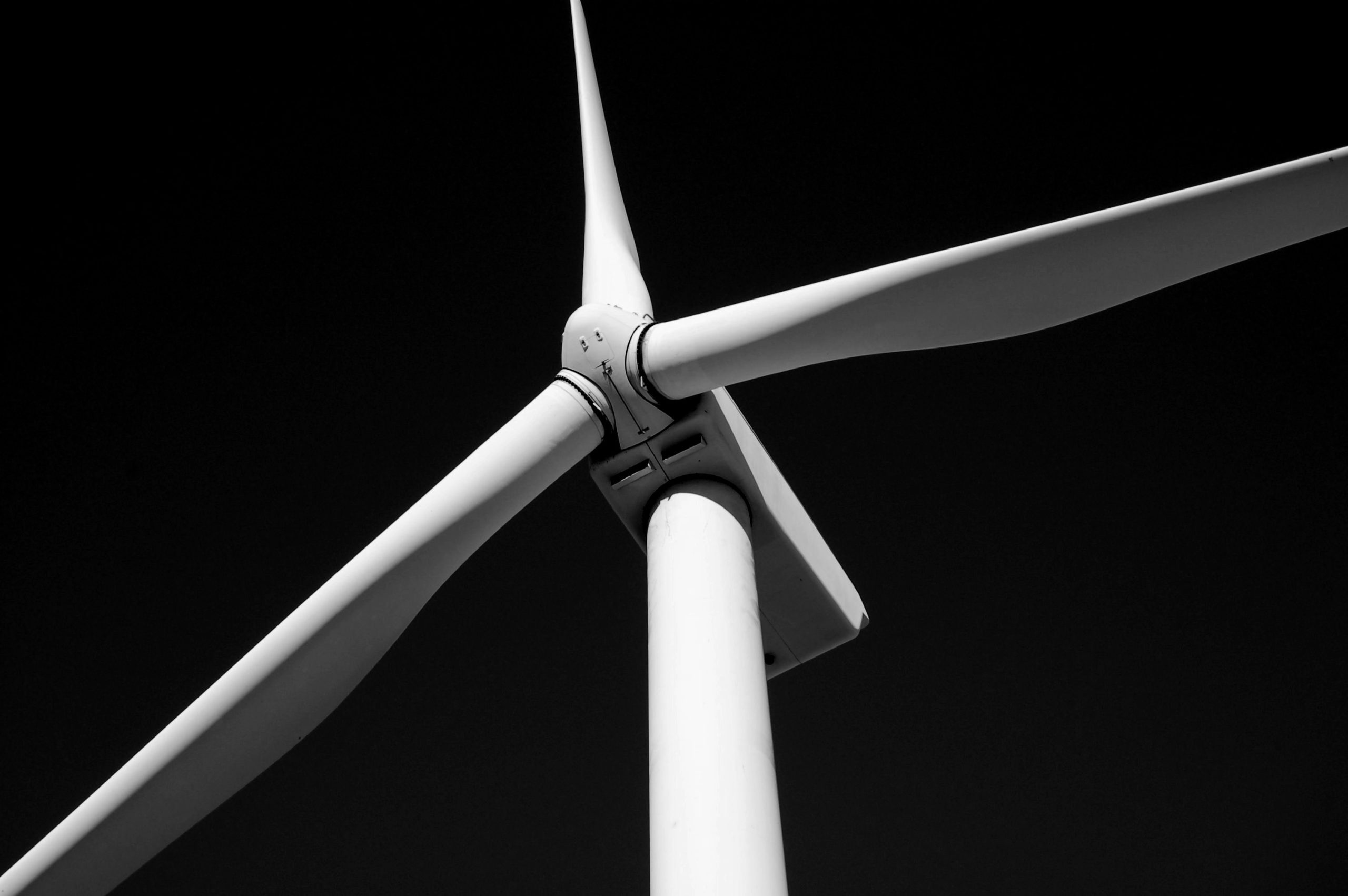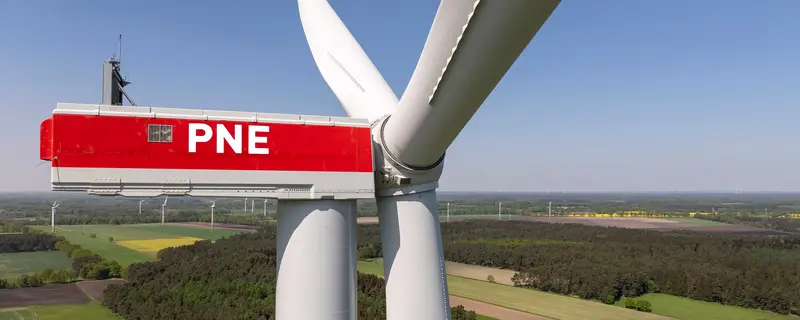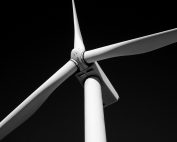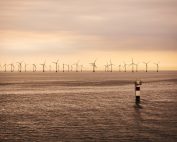The three German parties – SPD, Greens and FDP – concluded a coalition agreement in Berlin in November. SPD politician Olaf Scholz will become the new chancellor, replacing Angela Merkel. The landmark agreement also touches on the development of offshore wind energy.
The 177-page coalition agreement is titled Dare more progress – Alliance for freedom, justice, and sustainability”. The agreement focuses on climate protection. German political parties are pushing for the phase-out of coal from the power sector to accelerate by 2030. So far, it has been legally agreed that Germany will phase out coal power by 2038 at the latest. The coalition partners also plan to increase the shares of RES to 80 percent by 2030, which has so far been set at 65 percent. With that aim, the agreement provides an ambitious expansion of wind and solar power.
Germany’s new coalition government has set a target of installing 30 GW of offshore wind capacity by 2030, higher in comparison to the country’s previous target of 20 GW. The coalition agreement commits to install 40 GW of offshore wind capacity by 2035 and 70 GW by 2045. Let’s recall that the current installed capacity in this sector is 7.8 GW (data for 2020).
In the document, the politicians also indicated that offshore power plants should be given priority over other uses. They also see sharing as an opportunity for a better balance of interests.
– We will further promote European cooperation in offshore activities and strengthen cross-border projects in the North and Baltic Seas, the coalition informs.
Industry satisfied
Stefan Thimm, Managing Director of BWO, said that the planned increase in offshore expansion targets is a bold and right step.
– “With the current coalition agreement, the new coalition is setting an example for the future. Now, the task is to start implementing it as soon as possible. Offshore wind farm operators are ready”, the commentary points out.
To accelerate expansion in the short term, dialogue with all stakeholders must take place immediately, he noted. The list of topics to be addressed ranges from marine areas to market design issues to planning and approval issues.
In turn, the OFFSHORE-WINDENERGIE Foundation sees the agreement as a historic milestone for the offshore wind sector in Germany. Karina Würtz, managing director of the foundation, expressed the hope that from next year onwards the industry will be able to focus all its energy on implementation, and shaping of the implementation path.
The coalition agreement contains many of the industry recommendations that the OFFSHORE-WINDENERGIE Foundation made to politicians during the Bundestag elections. For example, it was recommended for the permitting processes to be speeded up, that the Federal Maritime and Hydrographic Agency be better staffed as the central authorising body, and for the European cooperation for the development of the maritime network to be stepped up.
